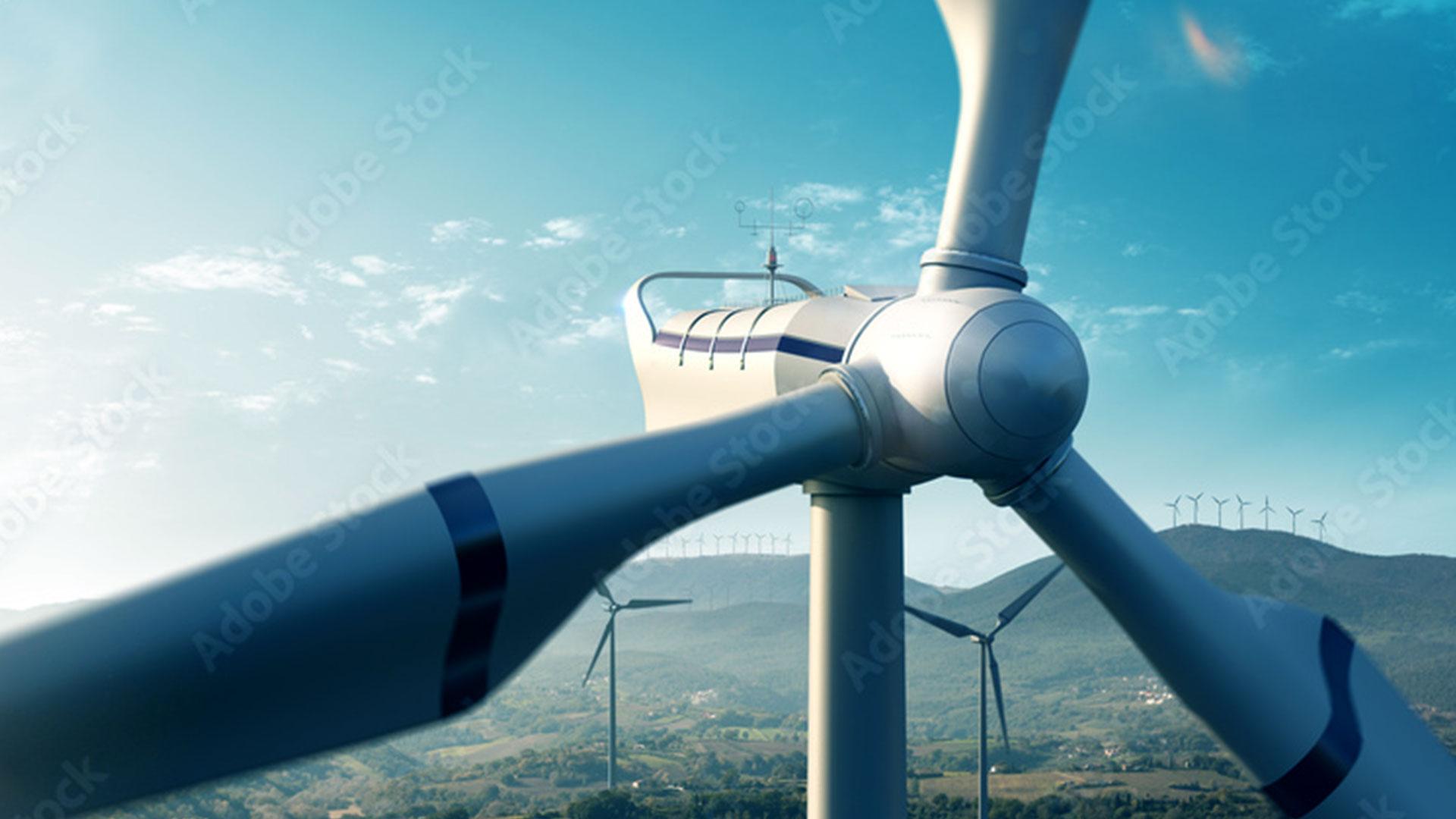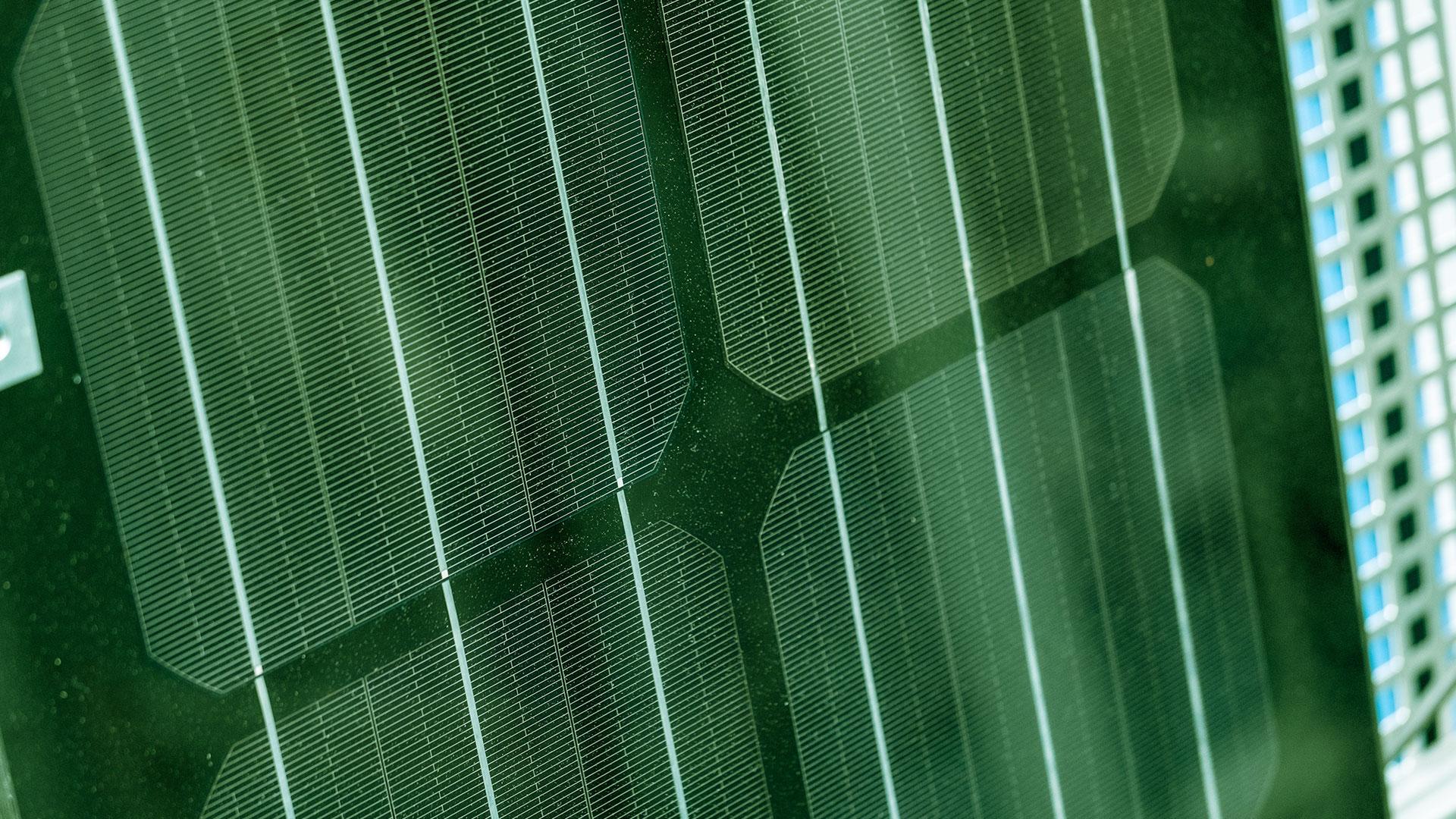“The energy transition is a fact, experts are urgently needed”

05 May, 2025
Program Director David Fellner talks about future prospects in the Bachelor’s and Master’s degree programs in the field of renewable energies
If you look at politics, you get the impression that renewable energies were once more in vogue than they are now.
David Fellner: The energy system is changing fundamentally – from large centralized power plants to many decentralized feed-in points. This is a development that is progressing year by year. The energy transition is a fact and anyone in the industry will confirm this: This transformation requires experts who not only understand individual technologies, but are also able to plan, evaluate and practically implement systems. Those who join now have the opportunity to actively shape this change. No one can seriously deny that this change is taking place and will continue.
The Bachelor’s degree program Renewable Energies offers a direct entry possibility. What is taught here?
The Bachelor’s degree lays a broad technical foundation: students learn how individual technologies such as photovoltaics, wind and hydropower work, but also deal with heat networks and electrical power systems. In addition to the technical basics in mathematics, electrical engineering and mechanical engineering, they work on projects for practical implementation – often with partner companies.
How does the Master’s differ from the Bachelor’s?
Our English-language Master’s degree program Renewable Energy Engineering is a part-time program. It focuses more on the system level: students analyze the economic efficiency of energy storage systems, for example, and deal with energy markets, grid planning or life cycle assessments – i.e. the environmental evaluation of technologies over their entire life cycle. The perspective becomes more holistic, the projects more complex and often interdisciplinary.

Program Director Renewable Energy Engineering
Senior Lecturer/Researcher
Can you give specific examples of what students are working on?
For example, one student is analyzing how large-scale battery storage systems can be economically integrated into the existing electricity market system – with specific reference to an industrial partner. Another master’s thesis is investigating how a bus fleet in an Austrian city can be converted to e-mobility, including grid load and simulation scenarios for overhead line and battery buses. Such projects show that technical knowledge is applied directly to real issues.
How are current technologies such as artificial intelligence incorporated into the course?
AI applications are a particular topic in the Master’s degree – for example in grid diagnostics: models are trained using a small amount of existing sensor data to automatically detect whether decentralized generation systems – such as private solar systems – are functioning correctly. Energy generation forecasts based on historical data are also developed in order to improve storage and grid planning. private Solaranlagen – korrekt funktionieren. Auch Prognosen zur Energieerzeugung basierend auf historischen Daten werden entwickelt, um Speicher- und Netzplanung zu verbessern.

